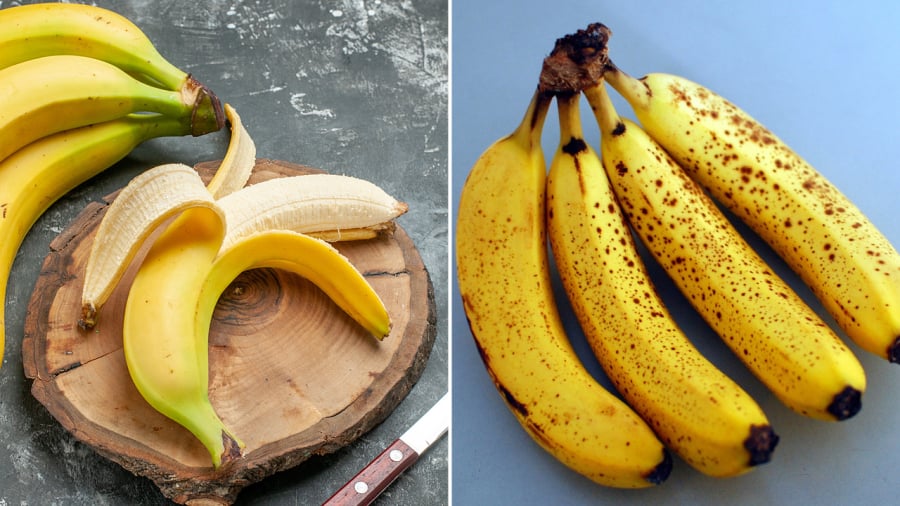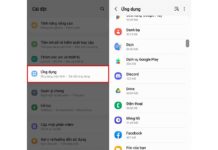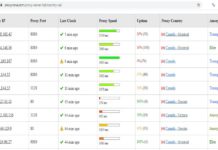Nutritional Value of Bananas
Ripe bananas are a common and healthy fruit. They provide calories as well as essential vitamins and minerals for the body.
Bananas are a nutritious food for heavy laborers and athletes. During intense physical work or exercise, the body needs carbohydrates to supply the muscles. In this case, the glucose in bananas is a good source of energy, quickly absorbed into the blood, helping to replenish the energy that has been depleted and allowing the body to recover quickly.
In addition to glucose, ripe bananas also provide minerals such as calcium, phosphorus, potassium, iron, and vitamins such as vitamin B1, B2, C, P6… All of these are essential nutrients for the body.
You can find many different types of bananas with slightly different flavors, suitable for individual preferences such as plantain bananas, Cavendish bananas, burro bananas, fig bananas, cooking bananas, honey bananas…
People with liver disease and high blood pressure can also eat bananas. Meanwhile, plantain bananas are considered to be a very good natural remedy for lowering blood pressure.

Ripe bananas contain many essential nutrients for health.
Best Time to Eat Bananas
According to nutrition experts, 1-2 hours after a meal is the best time to eat bananas. This type of fruit not only provides many nutrients but also helps promote the digestive system.
In addition, the evening is also a good time to eat bananas. Ripe bananas contain a lot of tryptophan, an amino acid that stimulates the body to produce melatonin hormone for better and deeper sleep. Eating ripe bananas in the evening is also a good method to support the treatment of nocturnal leg cramps. Bananas provide plenty of magnesium and potassium that can balance electrolytes in the body and prevent leg cramps.
Times not to eat ripe bananas
Ripe bananas are good for health, but not always suitable to eat. You should avoid eating bananas on an empty stomach or when your stomach is empty. The reason is that the amount of magnesium and potassium in bananas is quite high, which can upset the cardiovascular system and cause stomach discomfort. Therefore, it is best to eat bananas after a meal.
How many bananas to eat per day?
According to nutrition experts, 2 bananas can provide 300 calories, so if you don’t eat other fruits, you can eat up to 2 bananas per day.
In case you still eat other fruits, you should reduce the amount of bananas. For example, if you eat watermelon, you need to reduce the amount of bananas because watermelon is also a fruit rich in potassium.
According to the US Department of Agriculture, men should only eat a maximum of 2 bananas per day; young women under 30 should eat 2 bananas per day, while women over 30 should only eat 1.5 bananas per day.
































